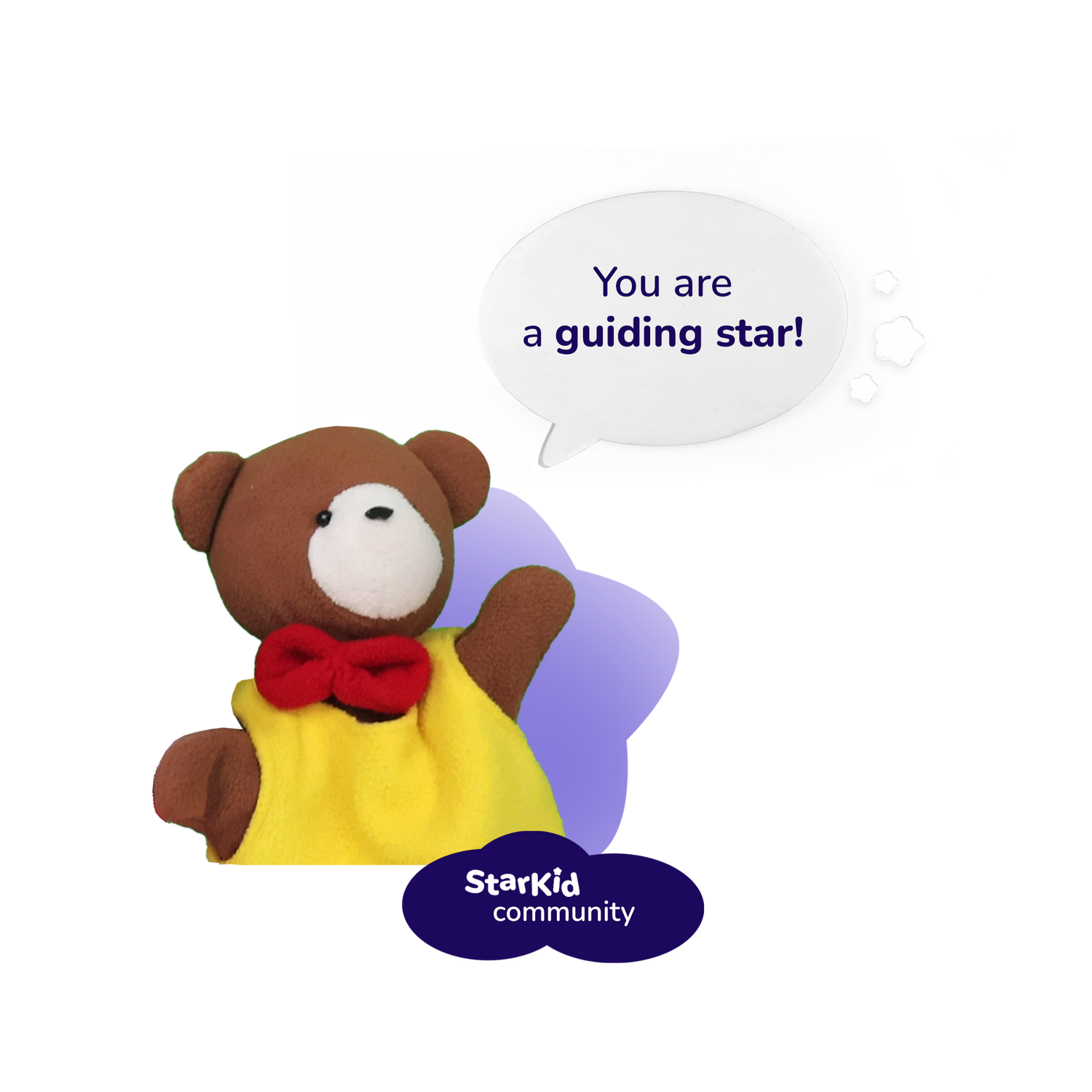Reading time: 12-13 min
Table of Contents
1. Living with an Autistic Sibling: Navigating the Complexities of a 'Robbed Childhood'
2. The Notion of a 'Robbed Childhood'
3. Looking Back: A Spectrum of Emotions
4. Seeing the Positives
5. A Story of Resilience and Advocacy: Mia Hemstad
Living with an Autistic Sibling: Navigating the Complexities of a 'Robbed Childhood'
From the challenges of early maturity and parentification to the profound depths of unconditional love.
Living with an autistic sibling every day offers exceptional advantages but also individual developmental obstacles. People often express strong affection for their autistic siblings, yet they also must face emotional difficulties.
The Notion of a 'Robbed Childhood'
Neurotypical siblings of autistic children often experience a stolen childhood through common discussion. Being responsible for various tasks during early life defines the robbed childhood experience. Neurotypical children take on these additional duties to help siblings adapt to daily needs, assist parents with support, and act as referees during tough situations. Neurotypical children tend to perform caregiving duties when their autistic sibling needs support, even though it should belong to the parents.
When parents face intensive challenges maintaining their autistic child, they often require help from their other children, mainly because professional support remains inaccessible due to limited resources, inadequate specialized healthcare, or social prejudices against asking for help. Being forced to grow up earlier than their age requires them to take on responsibilities that result in personal development, although it may initially feel overwhelming.
The premature duty to care creates emotional exhaustion among neurotypical siblings who do not have ways to communicate their distress. Peace at home rests upon them because their peers do not need to worry about such matters as they enjoy typical childhood freedom. Such children experience contrary emotions because they feel guilty about feeling frustrated while harboring resentment toward their parents for inadequate attention.
A child's personal characteristics and ways of handling situations determine which emotions are visible. Children often exhibit stress through outsized behavior, which includes losing control, displaying frustration, and aggressive actions like screaming and door slamming, while avoiding all family activities. Some children escape into their rooms because being alone feels like the best method available for controlling their feelings.
School life becomes a widespread difficulty. Autistic children can find support from their neurotypical siblings who defend them from social threats. The higher risk of experiencing bullying activities makes autistic children more vulnerable; thus, their neurotypical siblings uphold strong protective feelings toward them. It is wonderful for siblings to protect their autistic brothers or sisters, but the role becomes demanding because they need to manage their own social life together with safeguarding their autistic sibling.
The high amount of caregiving needs of autistic siblings creates feelings of being neglected and unheard within the family. Family events, holiday celebrations, and viewing movies require autistic sibling needs and sensitivities to take priority. The accumulation of being put second causes neurotypical siblings to face challenges when expressing their needs since they view themselves as either selfish or demanding.
The effects on siblings of autistic kids do not consistently result in negative perceptions. Children who develop this way perceive their duties positively because they understand these obligations enhance their strength. Several children fail to express and understand their feelings until they reach the age of maturity. A child's perception of positive and negative experiences largely results from the amount of support their parents provide, the validation they receive, and the personal boundaries they maintain.
Looking Back: A Spectrum of Emotions
Neurotypical siblings who become adults express various emotions when recalling their childhood based on their personal experiences and relationships with their family members. People who have autistic siblings remember dealing with heavy responsibilities and managing their own needs along with their siblings. They often realized when their parents paid no attention to them because their autistic sibling required all their parental care. Families needed to balance their child’s care requirements, so they sometimes neglected the attention of their other children.
Getting parents to notice them stands as one of the prevailing achievements among siblings. The wins of neurotypical siblings produced minimal display of joy in their parents, while their autistic siblings experienced even minor advancements and received more prominent attention. Such situations produced both resentment and hidden anger in children who wanted their achievements to be noticed but received slower acknowledgment. Yet other children experienced independence development, which allowed them to identify their achievements independently instead of requiring external approval.
Social interactions proved significant with parental attention in shaping personal observations of autism in the siblings. Some of them developed pride from protecting their autistic siblings across public and school spaces by providing support. Throughout teenage years, the need to defend their sibling's behavior from outside individuals caused excessive stress for some. Maintaining this never-ending responsibility caused some siblings to feel embarrassment or frustration, which then triggered guilt for having those feelings.
Many adults understand the significant value of their contributions to their sibling’s existence despite experiencing tough times. Most people who resented their past childhood experiences now show deep understanding and mental strength, which shapes their personal and professional paths and life philosophy. Their challenging life experience enables some people to understand the significance of emotional intelligence alongside patience and human difference awareness, which they use for their present-day success.
Seeing the Positives
Despite the challenges neurotypical siblings face, most describe their relationships with their autistic brothers or sisters as deeply enriching. The caregiving role raises:
✅ Maturity – Learning responsibility earlier than their peers
✅ Empathy – Becoming attuned to others' emotions and needs
✅ Altruism – Frequently engaging in prosocial behaviors
Brothers and sisters of autistic children maintain their adult relationship support through advocacy and caregiving duties, as well as their deep emotional bonds. After moving out, they stay invested with emotional involvement by creating their life strategy to stay available for their siblings.
The most significant positive effect is the development of emotional intelligence, which reaches advanced levels. The atypical communication and behavioral patterns between neurotypical children and their autistic siblings lead to their personal growth in patience and understanding, as well as professional adaptability. Several siblings end up pursuing careers that support caregiving work following their understanding of their sibling's special needs experience. To support this emotional growth in your children, we recommend our mindfulness video episodes designed especially for kids. These calming and engaging episodes help children build focus, empathy, and emotional regulation - perfect for both neurotypical and neurodivergent siblings. Watch episodes here; https://www.starkiduniverse.com/account/login?return_url=%2Faccount
Most siblings show profound pride in the accomplishments of their autism-afflicted brothers or sisters. They see the significant efforts behind all the accomplishments of their autistic friends, even though others might perceive them as basic achievements. Through their distinctive insights into autism, they can rejoice with authentic happiness at life achievements, which form unending ties through mutual respect, strong love, and shared strength.
The diagnostic challenges of autism do not discourage neurotypical siblings from experiencing their relationship with their autistic sibling as the most vital aspect of their existence.
A Story of Resilience and Advocacy
Mia Hemstad: A Sibling's Journey to Support and Independence
Through her videos, Mia Hemstad discusses her experience being the main caregiver for her autistic brother. The spectrum level of his autism presents severe challenges for her brother in terms of his disability:
- Communication difficulties
- Lack of personal space awareness
- Attention challenges
The video contains two central points that Mia presents in her most powerful work. Growing financial challenges limit family support from the government, which creates excessive stress on neurotypical siblings, according to her. Too many autistic people seek independent lives as they desire regular everyday autonomy. Financial independence gave her brother his first joy by showing that monetary growth enhances personal pride. Through her experience, she demonstrates the importance of striking a balance to help autistic siblings and preserve freedom for children without autism.
References
Green, L. (2013). The well-being of siblings of individuals with autism. Hindawi Publishing Corporation, 1(1), 417194. https://doi.org/10.1155/2013/417194
Morris, V., Hendry, G., Wilson, C., Gillespie-Smith, K., & Ballantyne, C. (2023). A comparison of attitudes and knowledge towards autism based on adult sibling experiences. Journal of Adult Development. https://doi.org/10.1007/s10804-023-09454-7
Pearlman, J., & Howe, N. (2020). The psychosocial effects of having a sibling with autism spectrum disorder. Exceptionality Education International, 30(3), 82-101. https://doi.org/10.5206/eei.v30i3.13443
Rixon, L., Hastings, R., Kovshoff, H., & Bailey, T. (2021). Sibling adjustment and sibling relationships associated with clusters of needs in children with autism: A novel methodological approach. Journal of Autism and Developmental Disorders, 51(1), 4067-4076. https://doi.org/10.1007/s10803-020-04854-0
Mia Hemstad's Youtube channel; https://www.youtube.com/channel/UC3GSU5gBPXiZKBjLpFxISHQ


